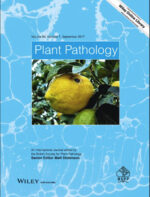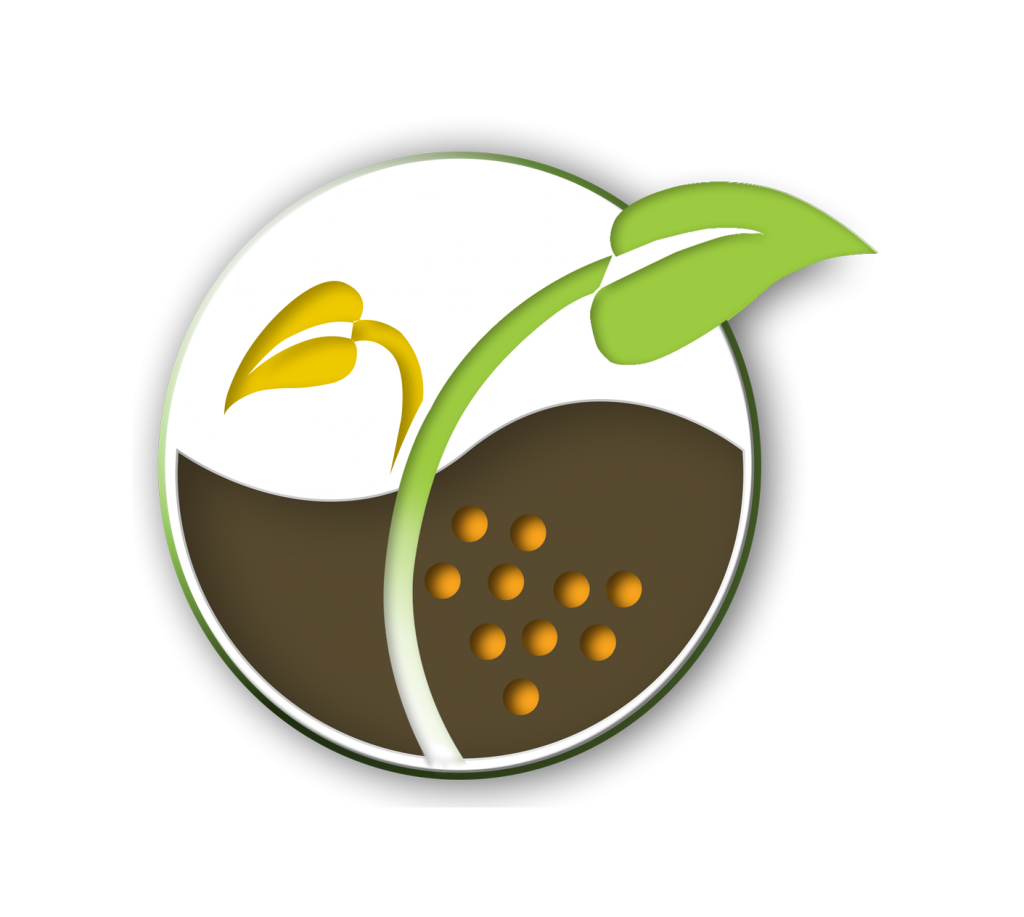E. Fernández, M.I. Trillas and G. Segarra. 2017. Plant Pathology, DOI 10.1111/ppa.12668.
Root exudates secreted from plants can modify rhizosphere microbiota by enhancing or inhibiting the growth of biological control agents (BCAs) and/or pathogens. Similarly, microorganisms can modify the secretion of plant root exudates. The aim of this study was to analyse the effect of a Botrytis cinerea leaf infection on the secretion of tomato root exudates and on the populations of the BCA Trichoderma asperellum strain T34 (T34).This study found that the secretion pattern of root exudates in tomato plants was influenced by B. cinerea infection in plant leaves. An increase in the levels of gluconic acid was observed, while levels of sucrose and inositol decreased. A decrease in the severity of B. cinerea by the induction of systemic resistance triggered by T34 was also observed. Tomato plants infected with B. cinerea maintained the populations of T34 in the roots, while populations of T34 decreased in plants not inoculated with the pathogen. Samples exposed to media containing gluconic acid (as the only carbon source or at the same concentration found in roots exudates) saw an increase in the in vitro growth of T34 compared to media without gluconic acid.
In conclusion, a change in the secretion pattern of root exudates caused by B. cinerea, together with the enhanced growth of T34 in the presence of gluconic acid, indicates the existence of leaf to root communication. The result of this is enhanced populations of T34, and in turn induced disease resistance and a consequential reduction in disease severity.
Más información sobre la publicación aqui.



